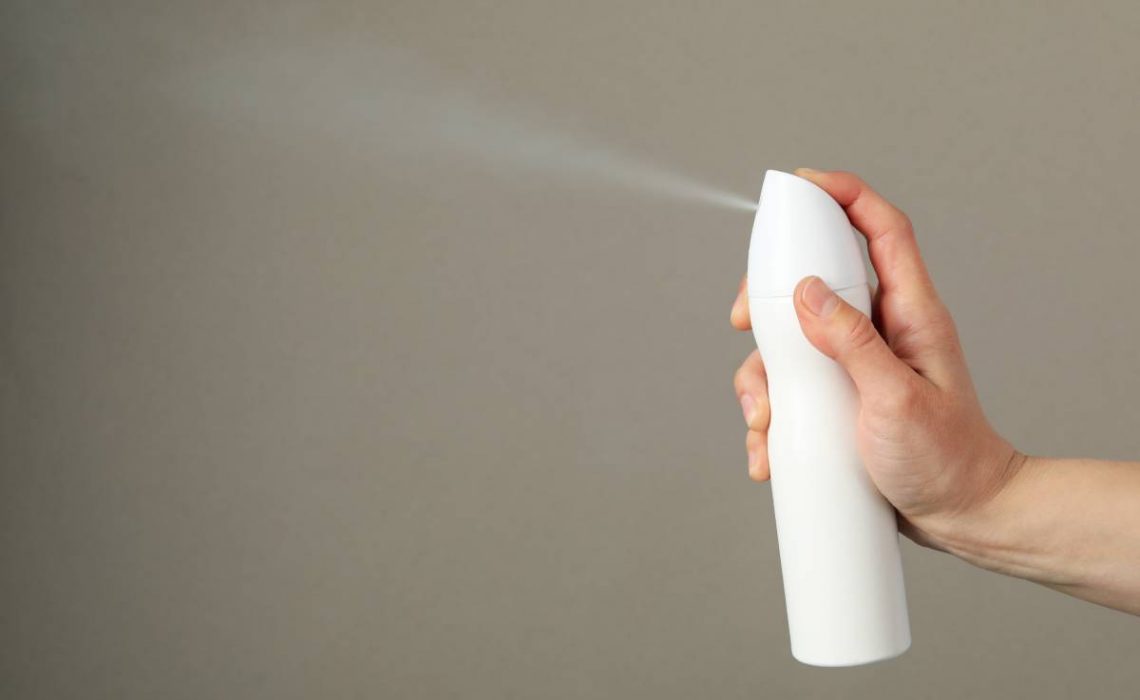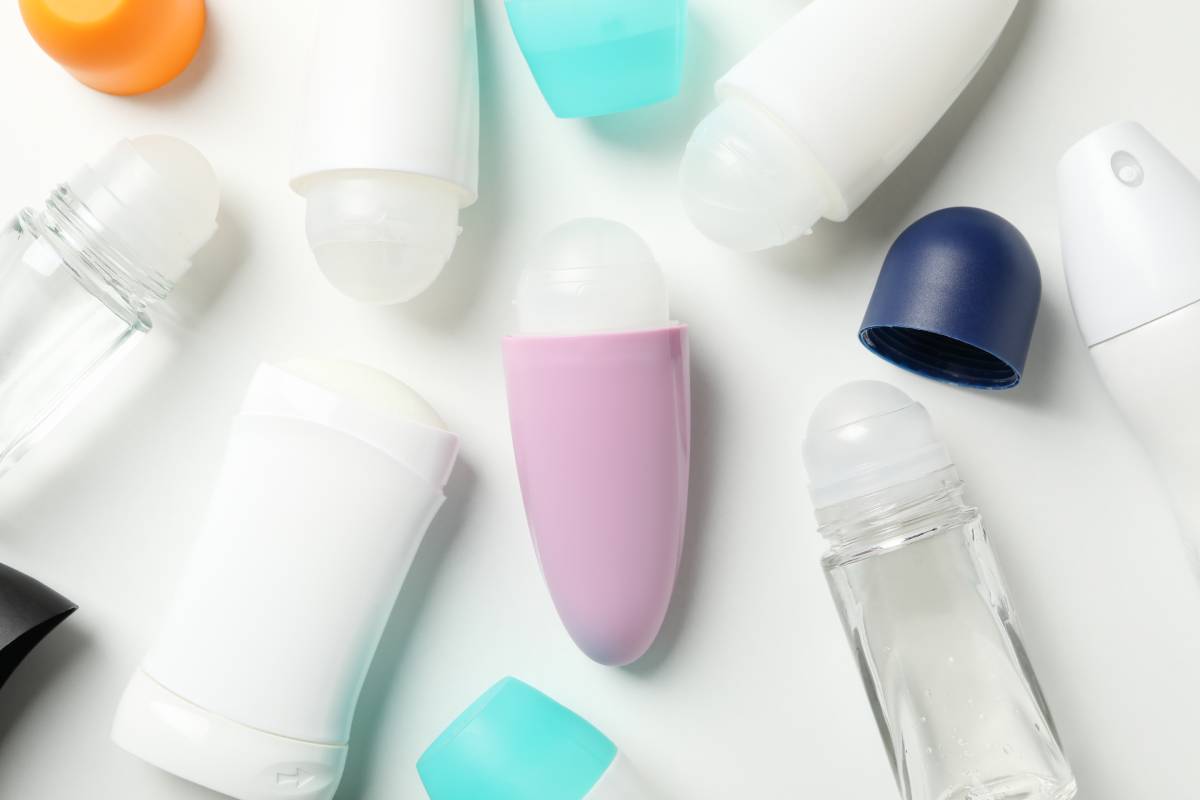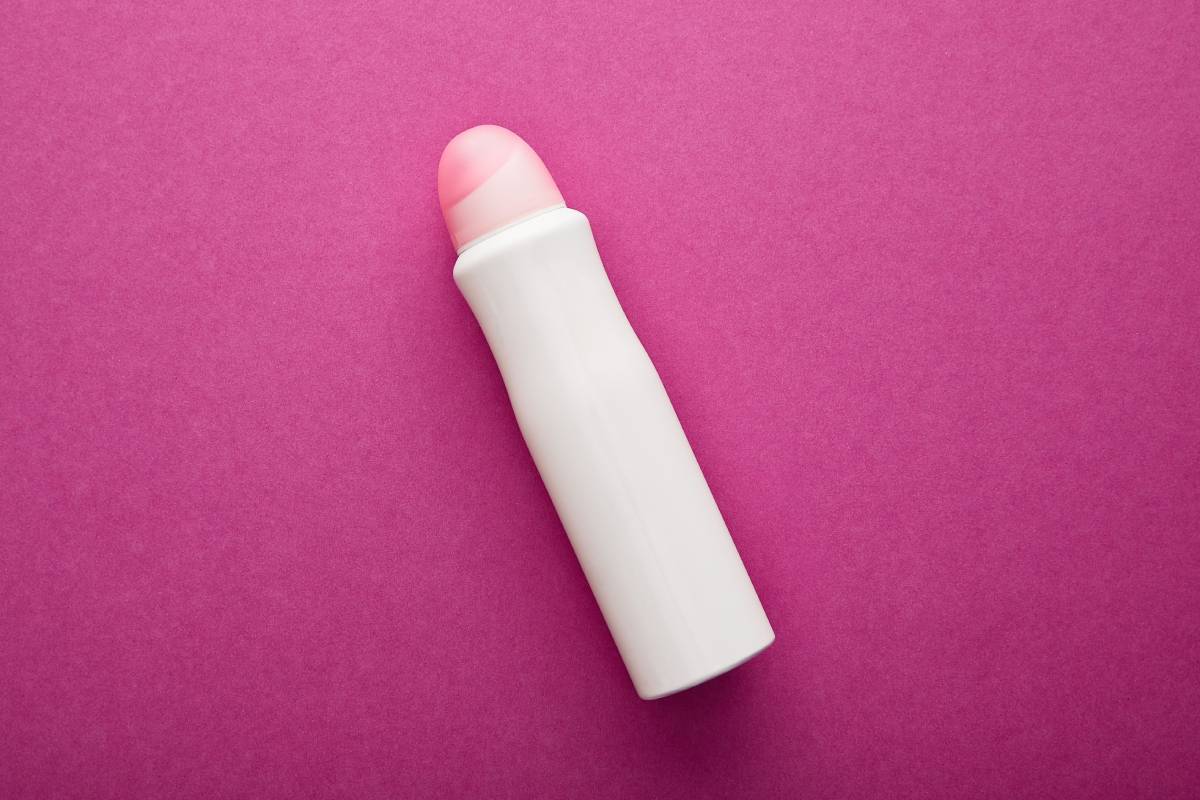
There’s no scientific evidence linking aluminium to cancer, dementia, or other serious health issues. If you’re looking to avoid aluminium, there are plenty of alternative options.
Many people believe that aluminium in deodorants or antiperspirants is associated with various health problems like cancer and dementia. But is there any scientific support for these claims? Not really.
Here’s all you need to know about aluminium in deodorants, along with some aluminium-free alternatives.
Does deodorant contain aluminium?
Aluminium is not typically present in deodorants, but it is the main ingredient in antiperspirants. Yes, deodorants and antiperspirants are different. Deodorants work to reduce armpit odour, while antiperspirants decrease sweat production.

Surprisingly, sweat is odourless when it leaves your pores. However, when it interacts with the bacteria on your skin, it can produce an unpleasant smell. Depending on your body chemistry, the combination of bacteria and sweat may result in a potentially unpleasant aroma. Your warm and moist armpit provides an ideal environment for microbes to create a sweaty stench.
This is where aluminium comes in. It’s all about chemistry. The aluminium compound in antiperspirants dissolves into your pores and essentially prevents sweat from reaching the skin’s surface. As a result, your armpit microbes have no sweat to interact with, leading to no odour.
On the other hand, deodorants contain ingredients that neutralize the smell of the sweat-and-bacteria mixture. It’s similar to how a spoonful of sugar reduces the bitterness of coffee or strategically placed potpourri can save a party from being spoiled by someone’s stomach flu.
Is aluminium in deodorant safe?
While social media platforms like TikTok and Reddit may offer opinions, let’s see what the scientific community says about the possible risks of applying aluminium compounds to your armpits. The bottom line is that research has not found any connection between aluminium and major health conditions.
The FDA has actually approved the use of aluminium compounds in over-the-counter antiperspirants. Let’s address the main health concerns that people often talk about when it comes to deodorants and antiperspirants.

Breast cancer
There’s a common belief that aluminium in antiperspirants is linked to breast cancer, but the National Cancer Institute dismisses this rumour. Some worried that since the aluminium compound in antiperspirants blocks skin pores, it might prevent the body from “sweating out” cancer-causing toxins.
However, your skin is not the primary way your body detoxifies; your kidneys and liver handle that through urine and faeces. Even if aluminium were linked to cancer, people are exposed to it in various ways, such as through food, antacids, toothpaste, and drinking water, making it unlikely to blame antiperspirants.
Kidney disease
Another concern is the connection between antiperspirants and kidney disease. While excessive aluminium in the body is harmful, the National Kidney Foundation states that absorbing enough aluminium through the skin to damage your kidneys is nearly impossible. If you have healthy kidneys, there’s generally no need to worry. However, if you have low-functioning kidneys, it’s advisable to consult a doctor before using an antiperspirant with aluminium, as the FDA warns against its use in such cases.
Bone disease
There is no evidence linking aluminium in antiperspirants to bone disease. Yet, for individuals with acute kidney disease undergoing hemodialysis, there is a risk of aluminum buildup in the blood, potentially leading to osteomalacia, a weakening of the bones.
Memory disorders
Rumours associating aluminium, including that in antiperspirants, with dementia date back to the 1960s. However, numerous studies discredited or refuted these claims. Experts now widely agree that there is no proven link between Alzheimer’s and aluminium. Some studies even dismiss the initial suspicion as a “fringe theory.”

Should you make the switch to aluminium-free deodorant?
Now that you’re aware that aluminium in antiperspirants isn’t a cause for concern unless you have acute kidney disease, let’s explore your options. Antiperspirants are the go-to over-the-counter solution to combat sweating, especially if it’s excessive.
If you suffer from hyperhidrosis, a condition characterised by extreme sweating which is extreme enough it makes you nervous or overthinking, your healthcare provider might recommend a prescription-strength antiperspirant with slightly higher levels of aluminium compounds. Another FDA-approved option is Botox, which can be used to block nerve functions in your armpit sweat glands. Managing hyperhidrosis might involve a combination of various treatments.
However, if your goal is to avoid aluminium not for health reasons but because it causes sweat stains on your shirts, deodorant could be an alternative. Keep in mind that deodorants contain other chemicals besides aluminium that may not suit everyone and could potentially cause allergies. Many deodorants on the market today emphasise less chemically inclined ingredients.
If you prefer a more natural approach, here are some DIY alternatives:
- Hypoallergenic deodorant
- Perfume-free or fragrance-free deodorant
- Baking soda deodorant
- Cornstarch powder
- Arrowroot powder
- Alpha hydroxy acids (AHAs) in gentle and low concentrations to avoid skin irritation
In summary
despite what social media may suggest, there is no scientific evidence linking aluminium compounds in antiperspirants to major health conditions. Deodorants, on the other hand, do not contain aluminium, so there’s no need to worry about excessive aluminium intake from them.
Remember that deodorant and antiperspirant serve different purposes. Antiperspirants block sweat from reaching the skin using aluminium compounds, while deodorants work after the fact to make the combination of bacteria and sweat smell better, or at least not unpleasant. If you have hyperhidrosis, Botox treatment may be an option, but if you have kidney disease, it’s essential to check product labels and avoid those containing aluminium. Opting for a deodorant might be the most suitable choice, considering the variety of non-toxic alternatives available.

